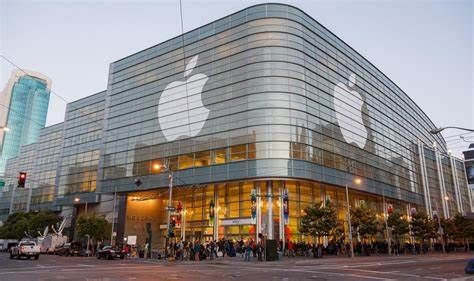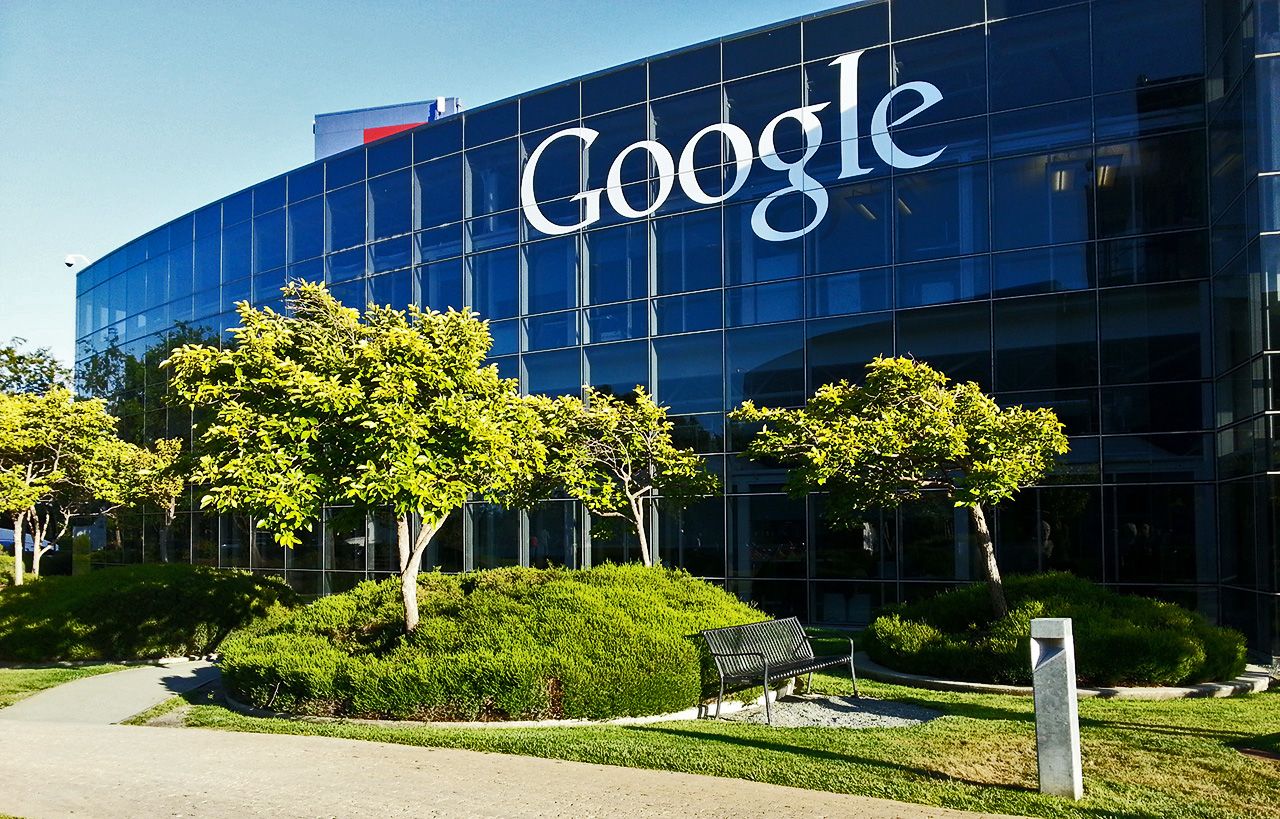Bitcoin: The Meteoric Rise to a $1 Trillion Capitalization
In the annals of financial history, few assets have captured the imagination and sparked as much debate as Bitcoin. Launched in 2009 by an anonymous entity known as Satoshi Nakamoto, Bitcoin started as a novel idea rooted in decentralization and digital scarcity. Fast forward to 2021, and Bitcoin not only became the first cryptocurrency to hit a market capitalization of $1 trillion, but it also achieved this feat faster than any traditional asset has ever done, taking just 12 years.
Comparing Bitcoin's Growth with Traditional Assets
To put Bitcoin's rapid growth into perspective, it's instructive to look at how long it took other major assets to reach the $1 trillion mark:
1. Gold: While it's hard to ascertain when exactly gold reached a $1 trillion market cap due to its ancient history of use, estimates suggest that gold's total above-ground reserves surpassed this value only in the early 2000s. Considering that gold has been actively mined and valued for thousands of years, Bitcoin's rapid ascent is even more staggering.

2. Apple: Apple Inc. became the first publicly traded U.S. company to reach a $1 trillion market cap in August 2018. It took Apple about 42 years since its founding in 1976 to reach this milestone.

3. Microsoft: Founded in 1975, Microsoft hit the $1 trillion market cap in April 2019, approximately 44 years after its establishment.

4. Amazon: Amazon reached a $1 trillion market cap in September 2018, 24 years after its founding in 1994.

5. Saudi Aramco: Oil giant Saudi Aramco briefly reached a $2 trillion market cap soon after its public debut in December 2019, making it one of the fastest traditional companies to reach the trillion-dollar mark from its IPO.

6. Alphabet (Google): Alphabet, Google’s parent company, achieved a $1 trillion market cap in January 2020, about 22 years after Google was founded.

7. Tesla: Tesla reached the $1 trillion market cap in October 2021, taking about 18 years from its founding in 2003.

The Case for Bitcoin and Cryptocurrencies
The Advantage of Speed and Accessibility: Bitcoin's rapid rise is not just a testament to its market demand but also highlights its unique advantages over traditional assets. Unlike gold or oil, Bitcoin and other cryptocurrencies are highly accessible. Anyone with internet access can buy, sell, or mine Bitcoin, without the need for heavy physical infrastructure or governmental backing.
Decentralization and Security: The decentralized nature of Bitcoin—it is not controlled by any single entity or government—presents a compelling case for those wary of traditional centralized financial systems. Moreover, the blockchain technology underpinning Bitcoin offers enhanced security features compared to standard financial transactions, making it attractive in an era where digital security is paramount.
Inflation Hedge: Like gold, Bitcoin is seen by many as a hedge against inflation. The capped supply of Bitcoin at 21 million coins means that unlike fiat currencies, it is resistant to inflationary pressures caused by excessive printing of money by governments.
Future Growth Potential: The cryptocurrency market is still in its infancy. As more institutions recognize Bitcoin as a legitimate asset class, and as more users adopt cryptocurrencies for daily transactions, the potential for growth is enormous. Cryptocurrencies offer a combination of technological innovation, financial freedom, and growth potential that is unparalleled in many traditional assets.
Conclusion
In the landscape of global finance, cryptocurrencies, spearheaded by Bitcoin, represent a radical shift not just in how value is exchanged, but in who holds the power to influence this value. Bitcoin’s unprecedented trajectory to a $1 trillion market cap in just 12 years underscores its potential not merely as an investment asset but as a fundamental reimagining of what money can be in the digital age. For investors, individuals, and institutions looking to stay relevant in a rapidly evolving financial landscape, embracing cryptocurrencies is becoming less of an option and more of a necessity.